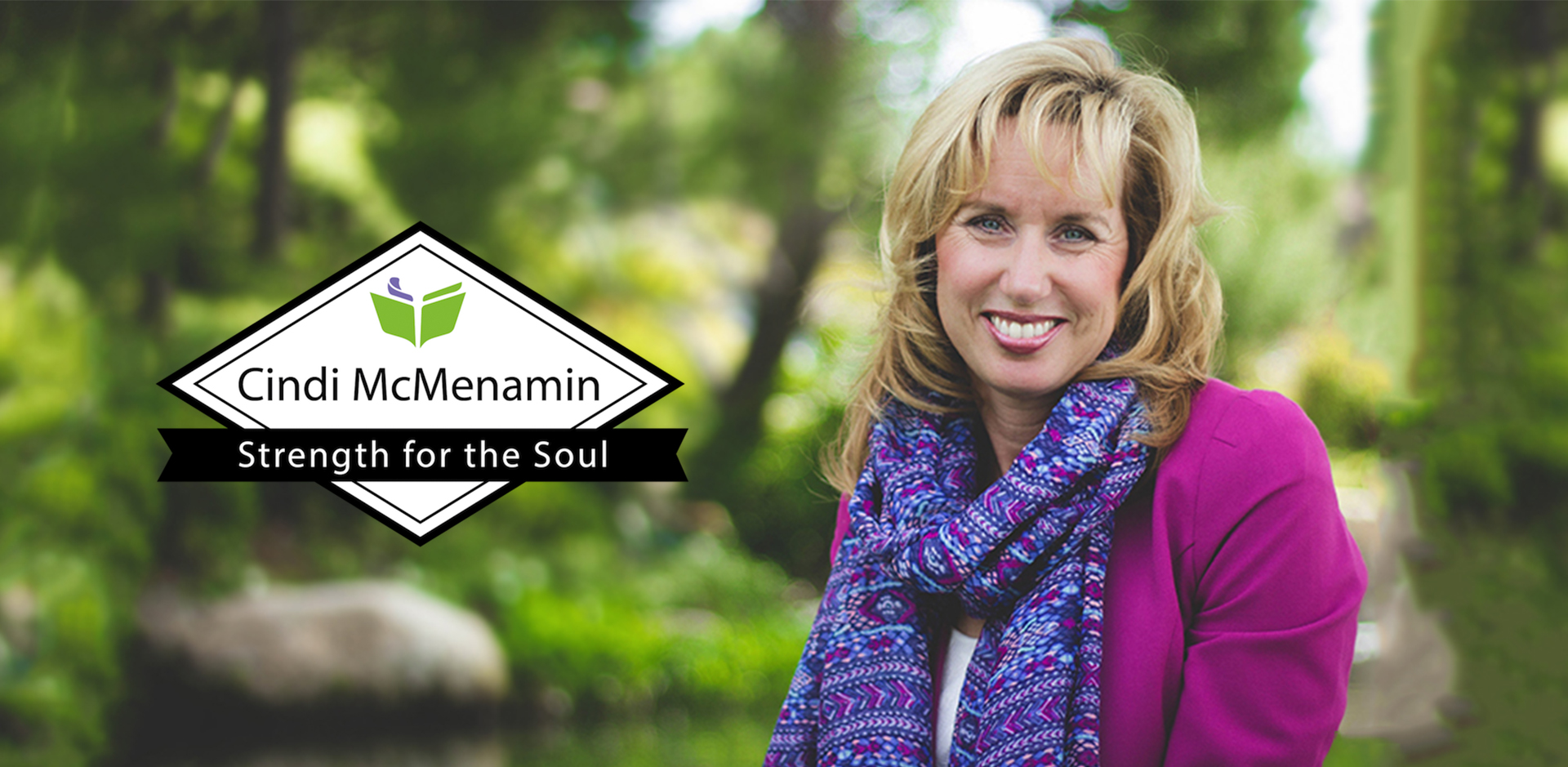What are the three most powerful words you can think of?
I love you?
I see you?
I trust you?
How about I forgive you?
Of all the words we say – and wish we didn’t say – the spoken phrase “I forgive you” is one that can utterly transform a relationship. Say it to your parents and it can heal old, recurring wounds. Say it to your wayward child and it can lead him back home. Say it to your spouse and it can help the two of you start over. Say it to a friend and it can deepen the relationship.
However, these three simple but powerful words are sometimes not so simple to say.
Unlike the words “I love you,” the phrase “I forgive you” is less focused on how we feel and more focused on who we are and what we are giving to another, regardless of what we receive in return.
Here are three reasons this phrase is so powerful and able to transform your relationships:
- It invites a new start
To truly forgive someone means you are no longer holding against them their offense toward you. It means you are no longer defining them by what they did or failed to do. That means a new beginning is possible. You are inviting a clean slate and a fresh new start. The words “I forgive you” are powerful in marriage. When that phrase is said and meant on both sides, it nullifies the term “irreconcilable differences “ – which is the No. 1 reason for divorce in this country. Forgiveness is the beginning step toward reconciliation. When you tell a parent “I forgive you” you are recognizing they can’t change those things they most likely feel regret about today. And you are telling them they are more important to you than holding onto their mistakes and offenses. That allows a relationship to move forward instead of remaining at a dead end.
2. It mirrors the gift God gave you
When you say the words “I forgive you,” you are giving someone something they don’t deserve and something they could never earn. You are giving them a priceless gift. You’re giving them what God, through Christ, gave you.
Chances are, the person or people in your life who need to hear the words “I forgive you” already know they cannot fix their offense. To say “I forgive you” doesn’t mean you are excusing your offender or deciding that what they did to you didn’t hurt. It means you are saying “I don’t expect you to try to make up for this. There’s no way you can. So I’m giving you the gift of a cancelled debt.” That’s what God did for you. He cancelled your debt and He does not expect you to try to make up for the offense. He knows you can’t. That’s why forgiveness is such a wonderful gift.
Scripture tells us “God demonstrates his own love for us in this: While we were still sinners, Christ died for us” (Romans 5:8). God initiated forgiveness toward us before we even knew what we did wrong. True forgiveness is there before the apology, before the explanation, before the excuse or rationalization. True forgiveness says “Because God has forgiven me of my offenses, I freely forgive you.” It is the backbone behind unconditional love.
3. It takes YOU out of the equation
When you tell someone he or she is forgiven you are basically saying “my needs, expectations, and desires are not as important to me as my desire to reconcile with you.” That isn’t easy to say because it is natural for us to put our needs, expectations, and desires above anyone else’s. But because forgiveness is super natural and represents a heart like God’s, we can express it through the power of God’s Holy Spirit in us. To forgive says “You as a person are more important to me than your offense. Your relationship with me is more important than your mistake or actions that annoyed or hurt me.” God decided not to hold against us our sin. (And according to Romans 3:23, we all have sinned.) Instead, God decided that our relationship with Him was more important than the hurt we caused Him so He found a way to reconcile with us and He did it selflessly.
So how do you say this phrase and mean it? Ask God for a heart like His. Ask Him for the strength to trust that as you obediently forgive others, He will bless your life and free you of any impending bitterness or insistence upon your own way.
Joy always follows obedience. As you forgive you are placing your life and your hurts in God’s hands. And in Psalm 16:11 we are told “In [God’s] presence there is fullness of joy; In [His] right hand there are pleasures forever” (NASB).
Live in fullness of joy by saying that phrase. Say it often and mean it. And see what it does to your relationships.
If you are experiencing difficulty forgiving someone, see my book When a Woman Overcomes Life’s Hurts. It will help clear up any misconceptions you might have about what it really means to forgive someone.





It is commendable that we forgive as God forgives us unconditionally. We repent of our sins and asked God for forgiveness. I do not expect the other party to ask for my forgiveness but i think her repentance or even just to admit her wrong matters. May i know your opinion on this….. is there a need for the party we are forgiving to admit her wrong first?
Jj, thank you for reading and for your question. However, my opinion is irrelevant. What matters is what God’s Word commands concerning forgiveness. Jesus, while on the cross, prayed “Father, forgive them; they know now what they do.” He didn’t wait for remorse or an apology from those who were mocking and crucifying Him. In a very real example to us, He forgave them in the midst of the pain they were inflicting upon Him. It is not just “commendable” that we forgive as God forgives us — but it is commanded that we do so. And while it appears that God only forgives after we ask for forgiveness, Romans 5:8 tells us “while we were yet sinners Christ died for us.” God initiated His forgiveness of you and me, before we were even around to ask for it. And I truly believe it is the work of God’s Holy Spirit in our hearts that causes us to come to repentance in the first place. How can we turn from our sins, admit we are wrong and ask for His forgiveness if He doesn’t do the work in our hearts and convict us of our sin and lead us gently to repentance and humility?
In my book, When a Woman Overcomes Life’s Hurts, I tell Sharon’s story who was sexually and physically abused as a child by her father. Up until his dying breath he was still verbally abusive to her. He never showed remorse, apologized to her, asked for her forgiveness or even admitted he was wrong. Yet when Sharon understood God’s unconditional love and forgiveness for her, she forgave her dead father out of love for and obedience to her HEAVENLY Father. You see, we forgive others, not because they asked for it or earned it or deserved it by apologizing. We forgive them because Christ commands it, regardless. Forgiveness is necessary for us to be in right relationship with GOD and therefore we forgive others just as He has forgiven us. Ideally, your friend will express remorse, admit her wrongdoing and ask for your forgiveness. But there’s also a good chance she won’t. But your forgiveness of her is because God commands those who have BEEN forgiven to freely forgive others as well. You can clear up any other misunderstandings you may have about forgiveness in some of the free articles on my website, as well as by reading “When a Woman Overcomes Life’s Hurts.”
You are sooo right! Teaching kids to forgive I have to acknowledge that I have done right also. I find it is a powerful thing to say “I am sorry, I know that was wrong. I will try not to yell at you when I am upset.” Then ALWAYS add ” I love you!”. Usually the response is ” I forgive you.” or “that’s OK.”
Yet another powerful post Cindi, thank you<3 I have forgiven my parents for my abusive childhood, but I find I have to do it over and over as the hurts come up again and again from memories. I find I have to do the same with other people/circumstances from my past. It's been awhile so I think I'll re-read your book, "When a Woman Overcomes Life's Hurts". I really appreciate you and your work Cindi:-)
Thank you, Chery. And you’re right. Forgiveness is ongoing because, unlike God, we don’t have the capacity to forget the offenses of others toward us, so we have to surrender that hurt and memory to God again and again so unforgiveness doesn’t take root. Thanks for your comment.